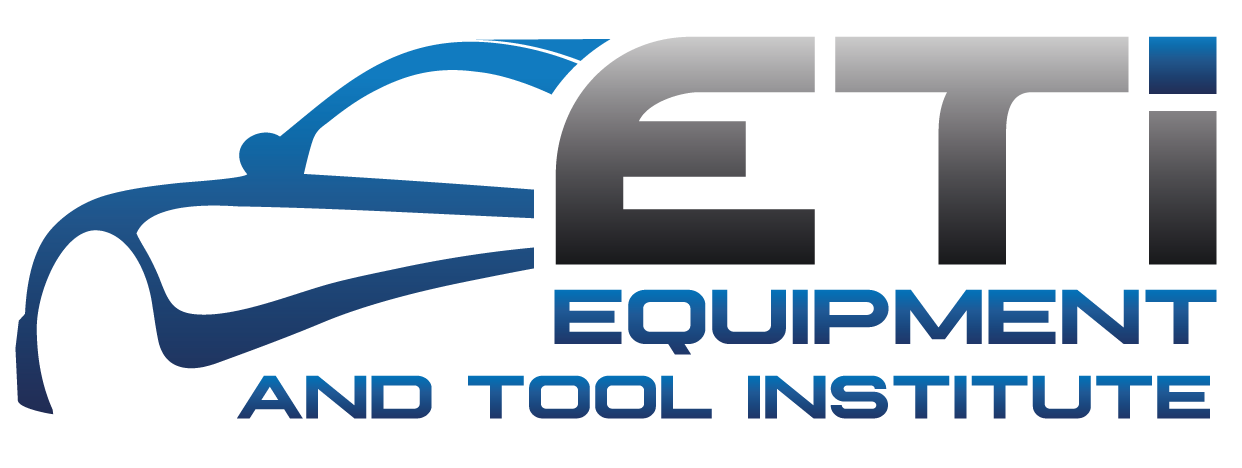By Miles Moore, Tire Business Senior Washington Reporter
OTTAWA (Oct. 2, 2009) — Following in the footsteps of U.S. auto makers
and the Automotive Service Association (ASA), Canadian auto makers have
signed an agreement with the National Automotive Trades Association
(NATA) to allow independent auto repairers to access the same auto
service and repair information that franchised auto dealers get.
Representatives of the Canadian automotive aftermarket, however, claim
the signatories of the agreement deliberately excluded them from
negotiations, and also are trying to cut off further action on a Right
to Repair law that passed Parliament by a landslide last May.
NATA, the Canadian Vehicle Manufacturers Association (CVMA) and the
Association of International Automobile Manufacturers of Canada (AIAMC)
announced the agreement Sept. 29 at a press conference at an
independent repair shop in Ottawa.
Under the agreement, auto makers are to provide independent repairers
with access to all service, repair, tooling and training information in
their possession no later than May 2010.
According to the three signatory associations, the Canadian Automotive
Service Information Standard (CASIS) makes a Right to Repair law
unnecessary.
“CASIS is a great industry solution for a longstanding industry challenge,” said AIAMC President David Adams in a press release.
The Automotive Industries Association of Canada, however, called CASIS
a flawed agreement that does not represent the majority of independent
auto repairers in Canada.
“Neither AIA, its members, or its partnering associations were included
in this process, despite repeated attempts by AIA to engage the car
company associations in dialogue and identification of key concerns,”
AIA said in a press release.
AIA President Marc Brazeau protested CASIS in a Sept. 28 letter to Tony Clement, Canadian Minister of Industry.
“We are at a loss as to explain why the car manufacturers would exclude
AIA in these discussions in favor of a loosely affiliated organization
that represents less than 5 percent of the marketplace in very few
provinces,” Mr. Brazeau wrote. “Moreover, it is our understanding that
this organization also represents new car dealerships within its
membership, clearly a conflict of interest.”
Mr. Brazeau asked to meet with the minister and his staff to discuss the Right to Repair issue.
In its press release, AIA noted that Bill C-273, the Right to Repair
Bill, passed Parliament by a 247-18 vote in May 2009. The legislation,
which would have sanctioned auto makers that failed to make repair and
diagnostic information available to independent garages, was scheduled
in October for review by Parliament’s Standing Committee on Industry,
Science and Technology.
The Canadian action mirrors the agreement approved in the U.S. in
September 2002 between auto makers and the Automotive Repair
Association. That agreement set up the National Automotive Service Task
Force (NASTF) to oversee the flow of information from auto makers to
independent repair shops and handle the complaints of independent
repairers.
ASA and the auto makers claim the voluntary agreement and NASTF obviate
the need for Right to Repair legislation. However, groups such as the
Automotive Aftermarket Industry Association and the Tire Industry
Association insist both are too weak to help independent repair shops.
They continue to work for passage of Right to Repair bills in the U.S.
Congress and in various state legislatures.
AIA counts among its members all the major tire retailer organizations
in Canada: The Atlantic Tire Dealers Association; the Ontario Tire
Dealers Association; the Western Canada Tire Dealers Association; and
Association des specialistes du pneu du Quebec Inc.
